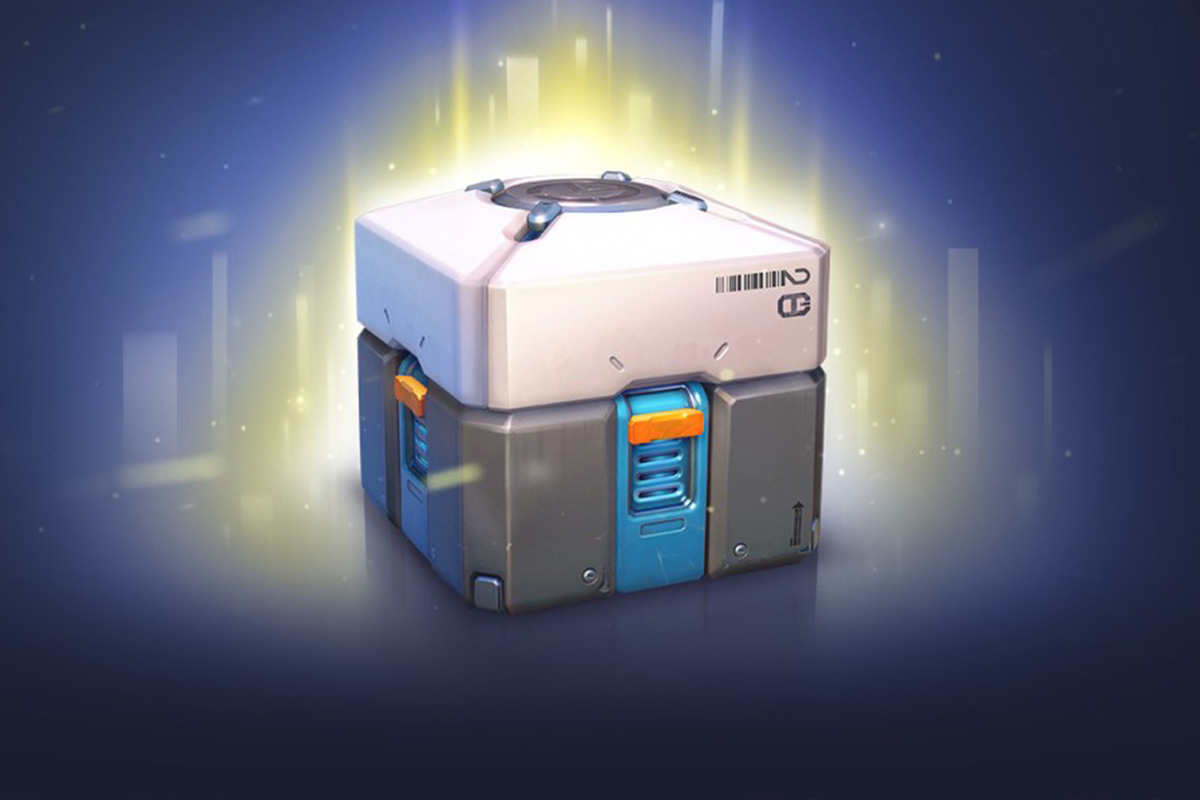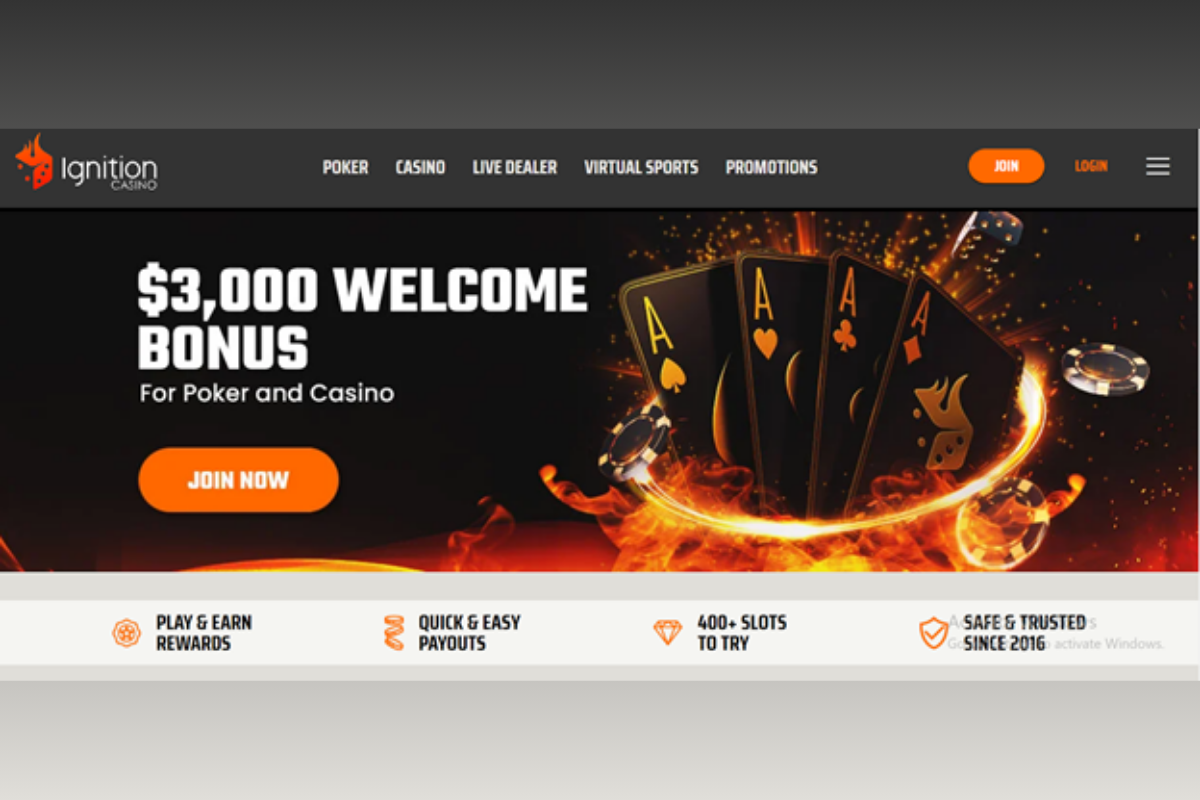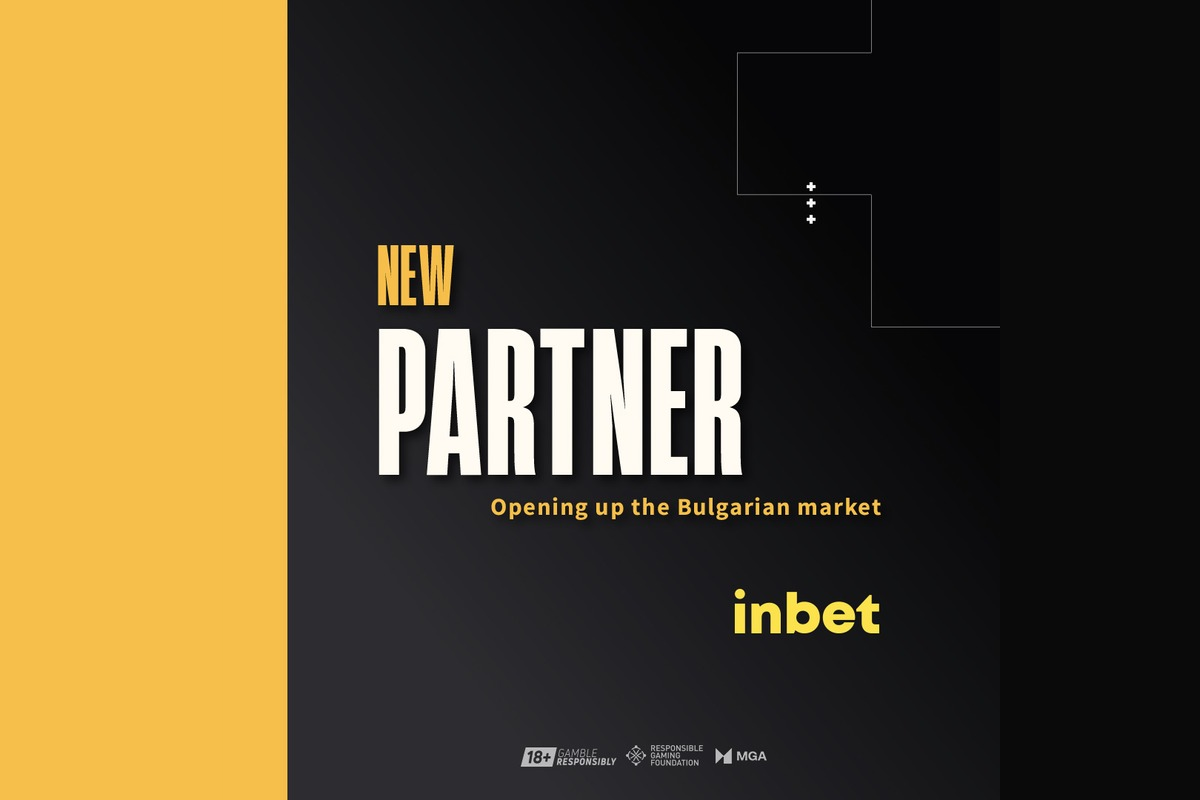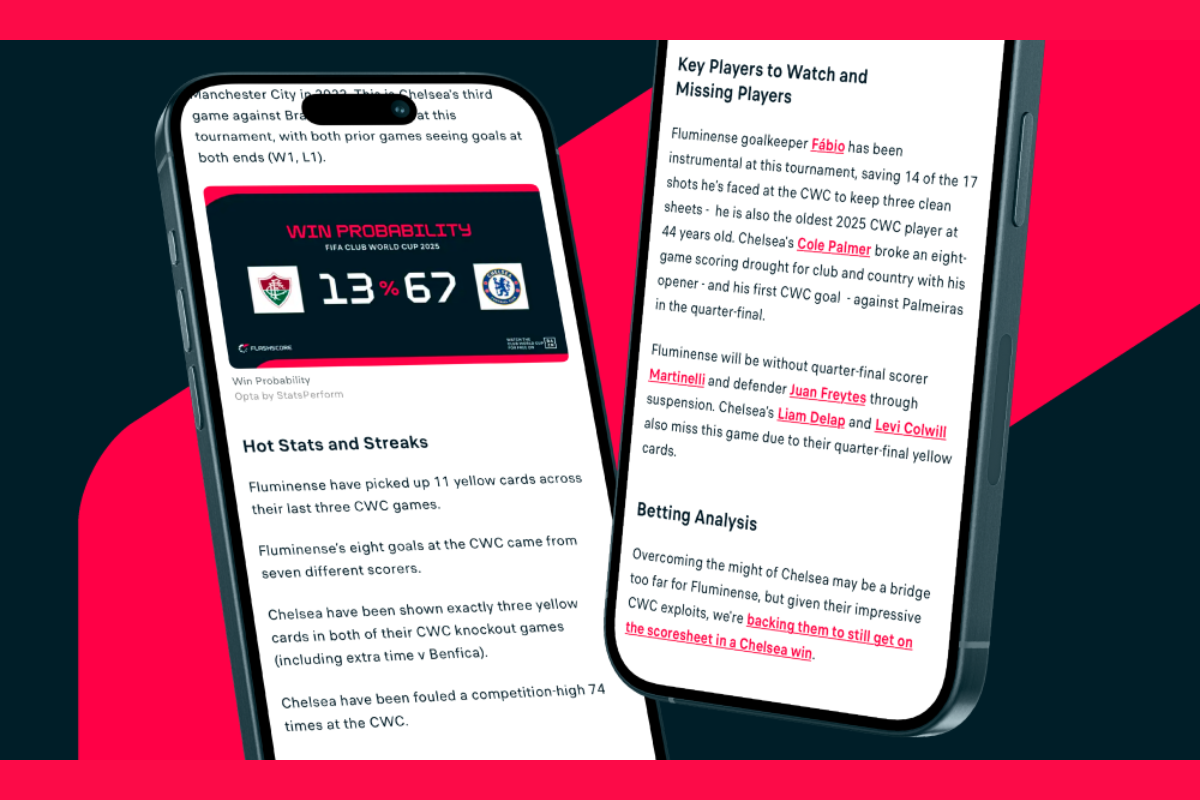Industry News
PEGI launches new content descriptor to tackle microtransactions

Pan European Game Information (PEGI), the video game content rater of Europe, has launched a new content descriptor to tackle the mushrooming microtransactions and loot boxes in video games. In this PEGI is following the path of the American rating agency, the Entertainment Software Rating Board (ESRB) in the about the introduction of a warning during in-app purchases in games. The ESRB announced the introduction of an in-game purchases label earlier this year. PEGI is going to do the same.
The move was announced by PEGI directly, confirming that a new content descriptor for in-game purchases is going to be added to physical releases of games. Currently, the label is included for digital releases, and it will be introduced across the board for all versions. The warning is there to advise that the game in question offers the “possibility of spending money within a video game.”
“Purchase offers within games have become a broad phenomenon, and it is necessary to provide the same level of consumer information on both physical and digital releases,” stated Managing Director Simon Little. In particular, PEGI clearly wants to make parents aware of potential pitfalls when it comes to in-game purchases such as microtransactions, as parents may not be aware of what a title includes. “It’s basic information, but that’s what parents sometimes feel they are lacking.”
There are, however, some potential issues with this plan which may need to be addressed. For starters, microtransactions and in-game purchases have become so prevalent in video games that more clarification may be suitable on exactly what kind of purchase it is. For instance, there’s a big difference between being able to buy cosmetic items but with free game DLC or something more pervasive like loot boxes. After all, even though microtransaction purchases are predicted to drop this year, it’s still a huge part of the gaming industry.
Even so, it’s still good to see that more awareness is being shared across the world when it comes to microtransactions. There has been a push back against loot boxes in particular, whether its Forza finally dropping loot boxes or even more countries considering them as gambling, and allowing people to see if there could be an impact from an in-game purchase perspective is another good step.
Source: screenrant.com
-

 Latest News5 days ago
Latest News5 days agoPIN-UP Global Transforms into the RedCore Business Group
-

 Asia6 days ago
Asia6 days agoAD STANDARDS COUNCIL HONORS PAGCOR CHIEF
-

 Asia6 days ago
Asia6 days agoMacao Casino Sector Salaries Hit a 10-year High
-

 Latest News7 days ago
Latest News7 days agoIgnition Casino Review 2025 – The Leading Bitcoin Casino & Crypto Gambling Site in the US
-

 Asia5 days ago
Asia5 days agoNew Indian Law Aims to Curb Online Money Gambling Sector, Prohibits Related Advertising
-

 Latest News6 days ago
Latest News6 days agoBET9JA BACK BOXING WITH BALMORAL GROUP PROMOTIONS SPONSORSHIP
-

 Latest News6 days ago
Latest News6 days agoHIPTHER Community Voices: AI in iGaming: A Guide to Adoption, Benefits, and Challenges
-

 Latest News6 days ago
Latest News6 days agoBETBY ANNOUNCES PARTNERSHIP WITH SATOSHI GAMING GROUP TO EXPAND PRESENCE IN ASIA

















